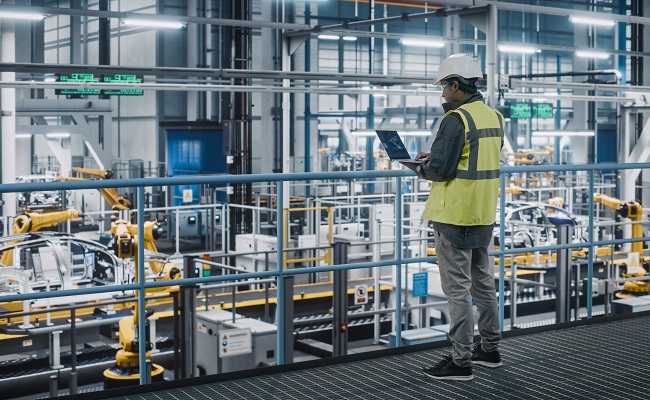A Rockwell Automation study into the state of smart manufacturing found the vast majority of companies backing AI and machine learning, while 81 per cent stated external and internal pressures were accelerating digital transformation.
In the survey covering more than 1,500 representatives across 17 countries for its annual State of Smart Manufacturing Report, respondents identified inflation and slow economic growth among external issues facing them.
Summarising the concerns, the report noted “with geopolitical and supply chain issues, manufacturers are under extreme pressure to rapidly adapt and many are turning to smart manufacturing technologies to address these challenges”.
Perhaps unsurprisingly given the developments and hype surrounding the technology, 95 per cent were either already spending on AI and ML or planned to within the next five years.
Rockwell noted for the second year in succession quality control was ranked the top AI use case. There had also been an increase in companies planning to use the technology for cybersecurity, rising to 49 per cent from 40 per cent in the 2024 edition.
Aside from AI top areas of investment for manufacturers were cloud/software-as-a-service, cybersecurity and quality management.
Other statistics coming out of the report included 48 per cent planning to repurpose workers or hire additional ones due to investments being made in smart manufacturing, and 41 per cent using AI and automation to address labour and skills shortages.
“Organisations are increasingly prioritising technologies that offer the highest ROI,” the report stated, noting 15 per cent of respondents cited cloud/SaaS and generative and causal AI having the greatest returns over the last 12 months.
Causal AI is defined by the company as a form of AI which “identifies and utilises cause and-effect relationships to go beyond correlation-based predictive models and toward AI systems that can prescribe actions more effectively and act more autonomously”.
Discussing the results, Rockwell Automation chairman and CEO Blake Moret said companies were using “smart manufacturing to navigate disruption and create new opportunities for speed and agility”.
